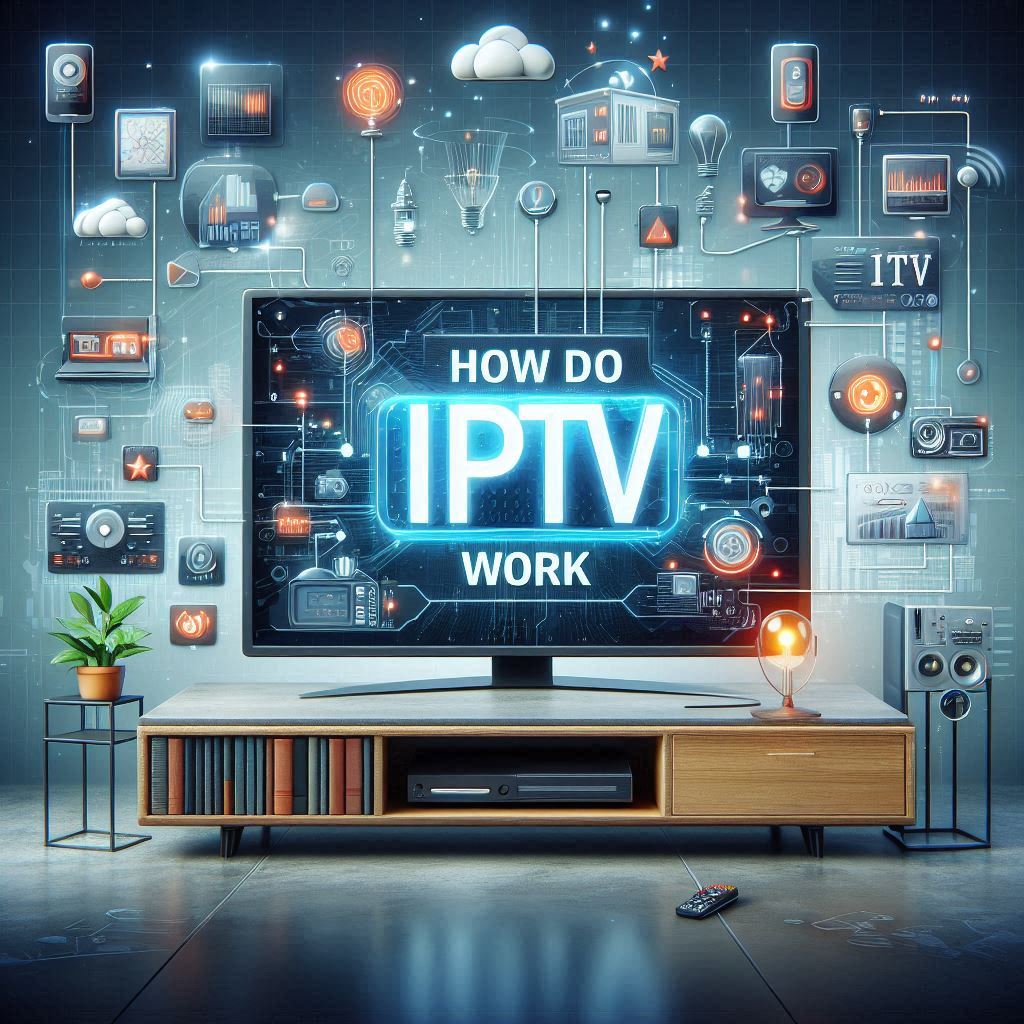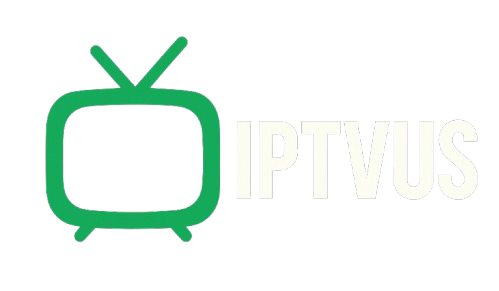How does IPTV work?

How Does IPTV Work? Everything You Need to Know About Internet TV
If you’ve ever wondered why traditional cable TV seems to be fading and streaming services are on the rise, you’re not alone. One of the technologies fueling this change is IPTV, or Internet Protocol Television. But exactly how does IPTV work? And why is it becoming so popular?
In this guide, we’ll break down everything you need to know about IPTV, from the technical details to the practical benefits. Whether you’re a tech enthusiast or someone just tired of paying for cable, you’ll walk away with a clear understanding of how IPTV can revolutionize your viewing experience.
What is IPTV?
Let’s start with the basics. IPTV stands for Internet Protocol Television. Unlike traditional television, which relies on satellite signals and cable infrastructure, IPTV delivers TV content over your internet connection.
When you stream a show on Netflix, you’re already using a form of IPTV. However, the term usually refers to a specific system where TV channels are streamed in real time over a private or managed network. This includes live TV, on-demand video, and sometimes even interactive features.
How is IPTV Different From Cable or Satellite TV?
Here’s a quick comparison:
| Feature | IPTV | Cable | Satellite |
|---|---|---|---|
| Delivery | Internet | Coaxial cable | Satellite dish |
| On-demand options | Yes | Limited | Limited |
| Portability | High | Low | Medium |
| Device compatibility | High | TV only | TV only |
Clearly, IPTV offers more flexibility and convenience, especially as we move toward a more connected, on-the-go lifestyle.
So, How Does IPTV Work?
To understand how IPTV works, let’s imagine a regular TV show. With traditional broadcast methods, that show is sent out over radio waves or cable lines to your television.
IPTV, on the other hand, sends that same show over the internet in small packets of data. It’s similar to how YouTube or Zoom works, except it’s designed specifically for television content.
Here’s a breakdown of how IPTV works behind the scenes:
1. Content Acquisition
First, the IPTV provider gets the rights to stream TV channels, movies, or shows. This might be through partnerships, licensing agreements, or direct content production.
2. Encoding and Compression
The raw content is then encoded and compressed. This step reduces the file size so it can stream efficiently without requiring a super-fast internet connection.
3. Storage and Servers
Next, the content is stored on powerful servers. These servers are ready to deliver your favorite shows the moment you click “play.”
4. Streaming to Devices
When you choose a channel or show, the IPTV system pulls that data from the server and sends it to your device using internet protocols. Your IPTV app or box decodes the data and displays it as video and audio.
The entire process is fast, seamless, and often more reliable than satellite, especially during bad weather.
Types of IPTV Services
There are several different types of IPTV services. Understanding these helps explain how does IPTV work across various use cases.
Live Television
This is the most straightforward IPTV format. It works just like traditional live TV—news, sports, and real-time broadcasts—but it’s streamed over the internet.
Video on Demand (VOD)
This service lets you watch any show or movie from a library at any time. Think Netflix or Hulu, but often with a more diverse and international content selection.
Time-Shifted Media
Also known as catch-up TV, this allows you to watch previously aired programs on your own schedule. Missed your favorite show? Just catch up later.
Interactive TV
Some IPTV platforms offer interactive features like voting in live shows, camera angle switching in sports, or choosing alternate endings in series. This makes IPTV more than just passive entertainment.
Devices You Can Use to Watch IPTV
Another major benefit of IPTV is device compatibility. You’re not stuck watching on your living room TV.
Here are common IPTV-compatible devices:
- Smart TVs
- Smartphones and tablets
- Laptops and desktops
- Streaming devices like Roku, Fire Stick, Apple TV
- IPTV set-top boxes
All you need is a good internet connection and a subscription to an IPTV service.
Pros and Cons of IPTV
Understanding how does IPTV work also involves knowing the advantages and disadvantages. Let’s break them down:
Pros:
- Flexibility to watch on any device
- Huge library of content
- Often more affordable than cable
- On-demand viewing options
- International channel access
Cons:
- Dependent on internet quality
- Some services operate in legal gray areas
- Buffering issues on poor networks
- Requires technical setup for some users
Legal Considerations
Not all IPTV services are created equal. There are both legal and illegal IPTV providers out there. Always do your research before subscribing.
Legal IPTV providers have content rights and proper licensing. Illegal services may offer hundreds of channels at suspiciously low prices—and these can result in legal penalties or service shutdowns.
Stick to verified and reputable IPTV services to ensure a safe, high-quality experience.
Tips for Choosing a Good IPTV Provider
Since IPTV is a growing market, there are countless providers out there. Here are some tips to help you choose:
- Check reviews: Look for user feedback on reliability and quality.
- Trial periods: Try before you buy.
- Content selection: Ensure they offer the channels and shows you want.
- Customer support: Reliable support is a big plus.
- Compatibility: Make sure it works with your preferred devices.
Common Questions About IPTV
Is IPTV legal?
Yes, when you use licensed providers. Avoid services that promote pirated content.
Do I need a smart TV?
Nope! You can use IPTV on many devices, including smartphones, tablets, and PCs.
What internet speed is best for IPTV?
A minimum of 10 Mbps is recommended for smooth streaming, but higher speeds ensure better quality.
Can I record shows?
Many IPTV apps allow for recording or downloading content for offline viewing.
Final Thoughts: Why IPTV is the Future of TV
So, how does IPTV work? It’s all about delivering television content through the internet in a smarter, more flexible way. IPTV offers a user-centric experience—more control, more content, and more convenience.
As internet speeds continue to improve and demand for on-demand content grows, IPTV is poised to become the dominant form of television in the near future.
If you’re tired of limited cable options or just want to explore new content from around the world, IPTV is definitely worth considering. Just remember to choose a reputable provider, and you’ll be streaming smarter in no time.
Meta Description: Discover how does IPTV work in this in-depth guide. Learn how IPTV delivers TV over the internet and why it’s changing how we watch content.
